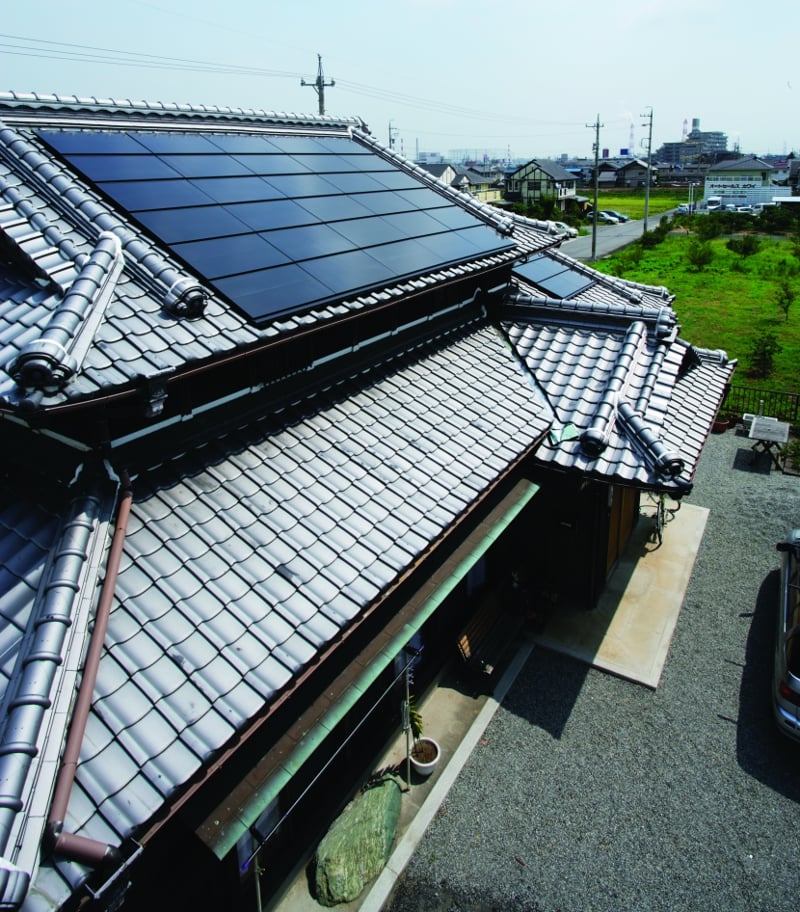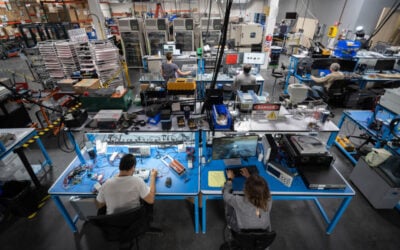
Around half a million residential PV system owners signed up to Japan’s feed-in tariff policy for 10-year contracts, that will soon expire, may be able to find new ways to benefit from their solar using battery storage.
The surplus electricity purchase system, as Japan’s Ministry of Economy, Trade and Industry (METI) describes the feed-in tariff (FiT), was introduced in 2009 as a means of broadening Japan’s energy mix to integrate higher shares of renewable energy.
Subsequent to the Fukushima nuclear accident that followed the Great East Japan Earthquake in March 2011, which resulted in the shuttering of the country’s nuclear generation capabilities over fears of safety, the country later introduced an even more aggressive subsidy programme to boost renewable generation.
The FiT introduced in 2012 resulted in multiple gigawatts of mainly large-scale solar (dubbed ‘mega solar’ by the Japanese industry) being developed, the country being the world’s number two PV market in 2013 and 2014.
Try Premium for just $1
- Full premium access for the first month at only $1
- Converts to an annual rate after 30 days unless cancelled
- Cancel anytime during the trial period
Premium Benefits
- Expert industry analysis and interviews
- Digital access to PV Tech Power journal
- Exclusive event discounts
Or get the full Premium subscription right away
Or continue reading this article for free
However, while 2012 FiT contracts made electricity purchase from PV and other renewables mandatory by utilities for 20 years, the earlier introduced FiT applied only to surplus PV generation not being self-consumed at the host property and contracts were for just 10 years.
Kyushu Electric Power, one of Japan’s 10 major regional utilities – and grid operators – announced this week that it will begin a pilot programme to enable residential PV system owners to join a virtual power plant (VPP) via the use of batteries.
US manufacturer Sunverge, which was involved in several international VPP pilots before making the technology commercially available, has teamed up with Kyushu Electric Power and the network of home energy storage batteries the project partners hope to create will be controlled by Sunverge’s Dynamic VPP software platform. The project is aimed at creating a VPP offering that could be scaled up and applied widely across Japan.
Back in 2016, Energy-Storage.news heard from Japanese thin-film solar company Solar Frontier that it expected to see 2019 as a major “inflection point” year for home solar-plus-storage in Japan, precisely because of the expiration of the 2009 FiTs. Around 500,000 households are thought to have signed up to the programme and bought PV systems. Energy-Storage.news has also heard similar thoughts on FiTs set to expire in Germany in 2020, from the likes of Sonnen and SolarEdge.
Other dynamics in the Japanese market, such as the ongoing liberalisation process designed to create competition in the retail electricity space, are bringing about other VPP projects and smart or renewable electricity tariffs for consumers, often from those very same incumbent regional utilities.




